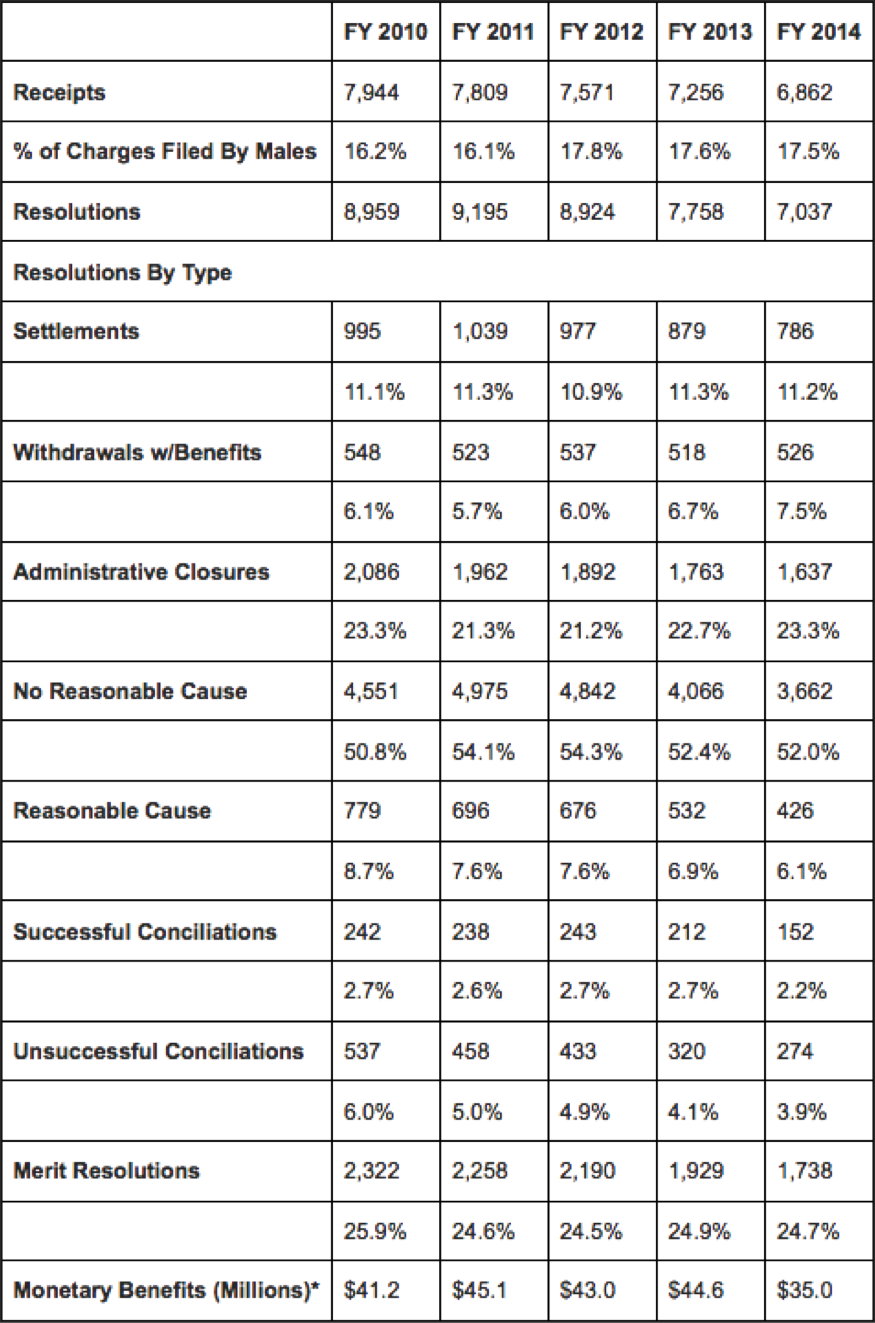Policies help lead to the statewide decline of assault charges
February 25, 2015
Since July 1, 2014, three cases of sexual harassment in the workplace have been reported at Central. According to the Equal Employment Opportunity Commission, Washington’s total sexual harassment charges decreased by 9.81 percent in 2014.
This is promising news for Washington, given that the number of charges typically rise each year.
“For several years the rates of sexual harassment charges have increased,” Staci Sleigh-Layman, director-at-large of human resources, said. “The Equal Employment Opportunity Commission’s purpose is to increase awareness, therefore more reports increasingly come.”
Sleigh-Layman said she has been conducting sexual harassment investigations at Central for 25 years. If student employees or Central faculty/staff members ever feel the need to file a complaint in regard to sexual harassment or discrimination in the workplace, Sleigh-Layman or Gail Farmer, Central’s manager of Equal Opportunity and Affirmative Action, should be the first primary contact.
Treating People with Dignity and Respect, the employee training program that Farmer conducts, aims to educate those who are unaware of the various sexual harassment laws and where to draw the line.
“Our anti-discrimination policies support federal and state laws,” Farmer said. “There’s a federal law called Title Seven that says you can’t discriminate in employment against anyone based on any of their protected statuses such as sex, race, religion, etc.”
Title Nine is an additional federal law that is similar to Title Seven, except that it specifically relates to students. According to Farmer, students’ federal Title Nine rights are violated if they are discriminated against due to their gender.
“Sexual harassment is considered a form of sex discrimination,” Farmer said. “If a student is discriminated against, they may complain against their Title Seven and Title Nine rights. Once you file a complaint you cannot be retaliated against.”
Farmer explained retaliation means that no action can be taken after a complaint is filed. Therefore, an individual’s job cannot be taken away or made more difficult after filing a complaint.
Sleigh-Layman said that people neglect to file complaints when they should because they often don’t trust their own observations. She emphasized the importance of speaking up about being uncomfortable at work.
“I would first support the student in listening to their complaint,” Sleigh-Layman said about the process of filing a complaint. “I would encourage everyone to go to a trusted adult or employee that they can confide in.”
Many struggle with knowing where to draw the line in terms of sexual harassment, especially in a very comfortable work environment.
“Sexual harassment is physical, verbal or written behavior,” Farmer said.
An individual must be able to explain in detail the inappropriate behavior in order for a true complaint to be filed. Farmer said that for certain behavior to be considered sexual harassment, it must meet a legal threshold–it must be persistent, pervasive, severe, unwelcome or objectively offensive.
“The behavior must have a significant impact on your ability to do your job; there has to be an employment impact,” Farmer said.
Farmer said that people who receive complaints often have no idea their words or actions were offensive. Farmer emphasized that employees must understand “intention is nothing, impact is everything.”
Farmer said it’s important for students and employees to remember that while they can have fun while working, they still have to remain appropriate.
“There is a time and a place to use humor, but it’s got to be appropriate,” Farmer said. “There are things you can say when you’re out with your friends that you shouldn’t say in the workplace.”
Every Central employee, including student employees, are required to take an anti-harassment and discrimination workplace compliance training upon being hired. This training must be completed every three years. Kurtis Kelly, sophomore psychology major, said that he found this training to be quite effective.
“It was about dressing appropriately for the workplace and it talked about places you can go to report if you felt like something inappropriate was happening at work,” Kelly said. “It told students that there are resources for them if they do ever feel uncomfortable at work.”
Kelly feels that a quarterly follow-up or review of the information would be helpful for students because it’s easy to forget this information after a while.
Farmer said that sexual harassment occurs because of a misunderstanding of power differentials, a misunderstanding of boundaries and a lack of respect.


